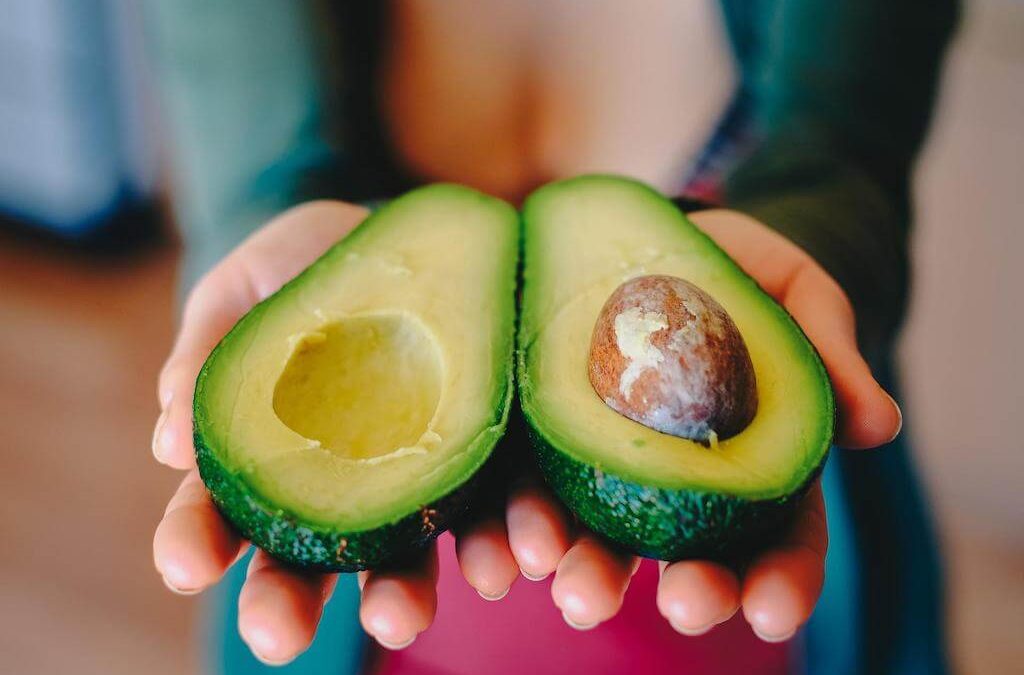What is the microbiome?
Did you know that you have trillions of different organisms living in your body? This consists of different types of bacteria, fungi, viruses and protozoa. The majority of these organisms live in your gut and feed off the food we consume. Generally speaking, the more we feed the “good” organisms, the more they reproduce and dominate our gut, creating a healthy gut environment. If we feed the “bad” organisms, the more they reproduce and dominate the gut which can increase our risk of developing diseases such as obesity, diabetes and heart disease.
Why is it important to have a healthy gut?
Our gut health is very closely linked with a number of other systems in our body. Having a healthy gut helps with:
- Lowering cholesterol
- Weight management
- Maintaining good blood glucose levels
- Reducing inflammation
- Anxiety and depression
- Reducing risk of cardiovascular disease
How do we eat to maintain a healthy gut?
The good organisms that help create a healthy gut mainly feed on fibre. Foods rich in fibre include:
- Wholegrains
- Vegetables
- Fruits
- Legumes/lentils
- Nuts and seeds
Consuming a good amount of healthy fats can also improve our gut health. This includes:
- Avocado
- Small amounts of olive oil
- Oily fish
- Nuts and seeds
Foods to avoid to keep your gut healthy
Ideally, we want to reduce our intake of high GI (or processed and simple) carbohydrates including:
- White bread, flour, pasta, rice
- Sugar and confectionary
- Baked goods (cakes, muffins, biscuits etc)
It is also helpful to limit our intake of saturated and trans fats as much as possible. Foods high in these fats include:
- Takeaway foods
- Deep fried foods
- Baked goods (cakes, muffins, biscuits etc)
- Fatty cuts of meat and full-cream dairy products such as cream and butter
IBS and IBD
Although having a healthy gut can help our overall health, some people will experience constipation, diarrhoea or stomach pain even when they are eating the right foods. This can mean there is an underlying condition such as Coeliac Disease, Irritable Bowel Syndrome, and Inflammatory Bowel Diseases including Crohn’s Disease or Ulcerative Colitis. If you suspect you may have one of these conditions, there are other dietary changes you can make to help reduce your symptom. It is important to consult with a dietitian if this is the case to make sure you are eliminating the correct foods and still getting enough of the essential nutrients.
If you would like more information, please email maddie@sspg.com.au or too book in for an assessment with our dietitian, please call our Woden clinic on 6282 5010 or follow the link below.

